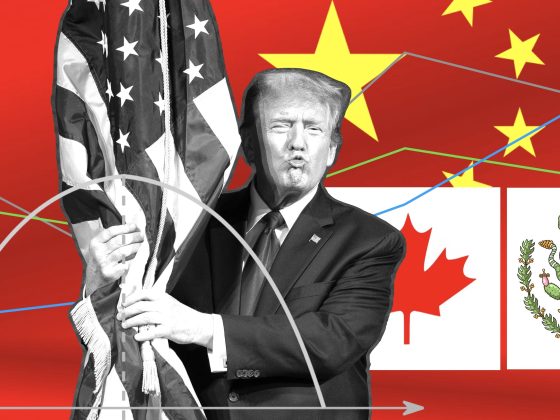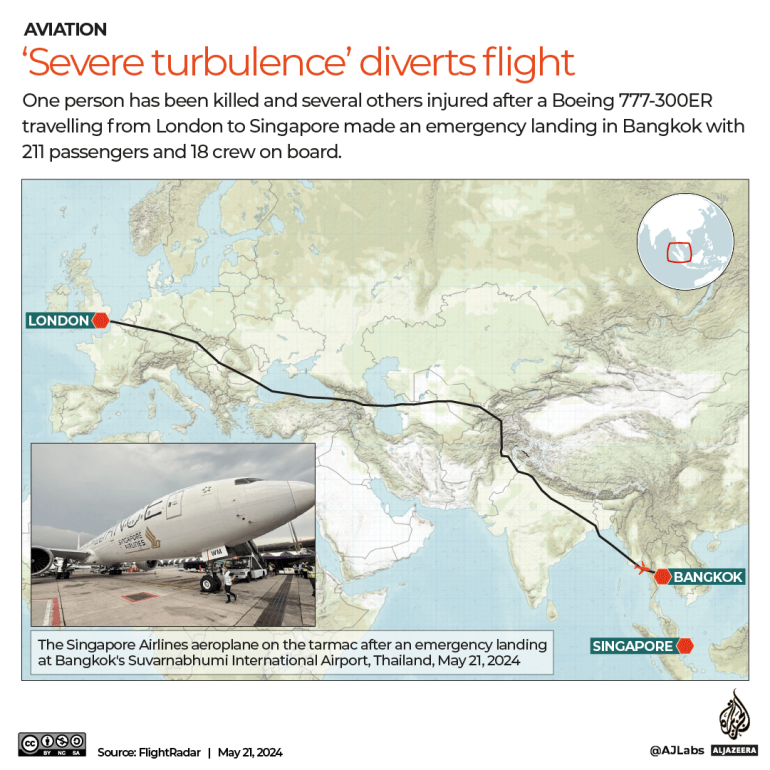We are barely four months into 2020 but life before COVID-19 seems like it was years ago.
As the epicentre of the disease shifts from Asia to Europe and the U.S., the human cost is growing. Governments around the world have been forced to adopt extreme measures such as locking down entire nations and enforcing strict limits on the movement of people. Yet the situation continues to evolve, bringing new challenges to everyone. Without a doubt, we are facing the biggest crisis in a generation.
Financial markets have reflected this uncertainty, with intense price swings across asset classes and benchmark stock indices falling into bear territory. As an open economy and global financial hub, Singapore has not been immune. The Straits Times Index has lost more than 20% since 7 February, when the government stepped up its risk assessment to DORSCON Orange. Our $500 billion economy will probably enter its first full-year recession in two decades.
This is a difficult period for all of us, with steep declines in asset values bringing concern to institutions and retail investors alike. Globally, some market operators have chosen to intervene, suspending trading or banning short-sellers, to varying degrees of success. However, these may not be one-size-fits-all solutions.
Since the outbreak, our immediate focus has been on the health and well-being of our employees and customers. We have also been working with stakeholders across the financial community to ensure that the marketplace remains robust, uninterrupted and accessible to both local and international participants. I am humbled by the dedication and tenacity of my colleagues around the world that has allowed SGX to continue to operate despite the huge challenges. Working from split sites, they have been doing their utmost to ensure that our markets run smoothly.
Economic Resilience
Financial markets are critical to managing risk and safeguarding the resilience of our economy, and this role has intensified with COVID-19. With news and information moving rapidly, investors must be given the opportunity to react with confidence and manage their portfolio risks efficiently. Maintaining access around the clock means allowing critical liquidity to build; conversely, shutting the doors will hinder price formation and fuel greater volatility. With global connectivity, investors can simply turn to other venues, exacerbating the outflow of liquidity.
As an exchange and clearinghouse, we have observed inherent strengths in our markets: volatility has been lower than in other economies. Our dynamic circuit breakers are designed to ensure orderliness of trading and they have been working as intended throughout the recent surge in trading activity and volume.
We value the actions that our industry partners and stakeholders have taken to ensure that we continue to provide a trusted and efficient marketplace. Even in these trying times, there are still many demands to be met, such as enabling participants to trade and to manage risk, as well as helping businesses to raise equity and debt capital. These are important needs to take care of.
Singapore’s standing as a financial safe-haven has been built over decades on the back of turmoil – the Black Monday crash of 1987, the Asian financial crisis of 1997, the SARS outbreak in 2003 and the 2008 global meltdown. The world’s investors expect no less from our country, Asia’s only AAA-rated jurisdiction, and we will do our part to uphold this reputation.
Ready to Respond
Singapore’s coronavirus outbreak has remained largely under control thanks to our excellent public healthcare system, ably assisted by extensive contact-tracing and information management. Sustained vigilance and methodical containment measures will continue. From the healthcare standpoint, the authorities understand the need to remain nimble to respond quickly to developments.
It is the same in our industry. Having been on the frontlines of the Asian financial crisis, I recognise that our decisions today will have significant implications beyond the immediate term. Back then, capital controls were imposed in the region and some stock markets were unexpectedly closed, leaving investors with significant losses. Today, our policies are working well but as we actively monitor the health of our ecosystem, we are prepared to respond and adapt when we need to.
As a key part of Singapore’s financial market infrastructure, SGX will work with the financial community to strengthen the nation’s position and relevance as a global financial hub, even as the COVID-19 situation looks to be a prolonged one. We are also coordinating with members of the World Federation of Exchanges – home to nearly 53,000 listed companies with a total market capitalisation of over US$93 trillion – to ensure public markets continue to operate in a fair, orderly and transparent manner.
We have always stood by this belief: market stress is temporary, but resilience and trust in an orderly and high-quality market will stand the test of time. So let us look out for each other as we work together to safeguard our economic resilience. Brighter days will come.
By Loh Boon Chye, CEO, Singapore Exchange
Source: SGX









